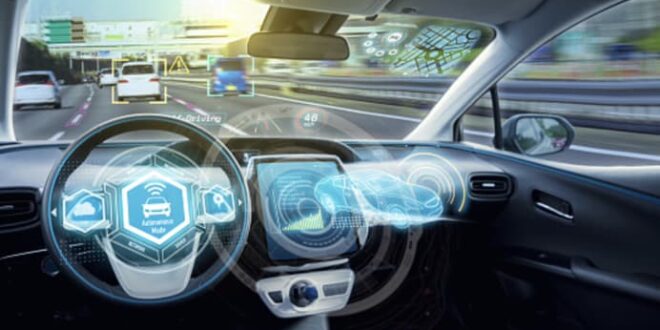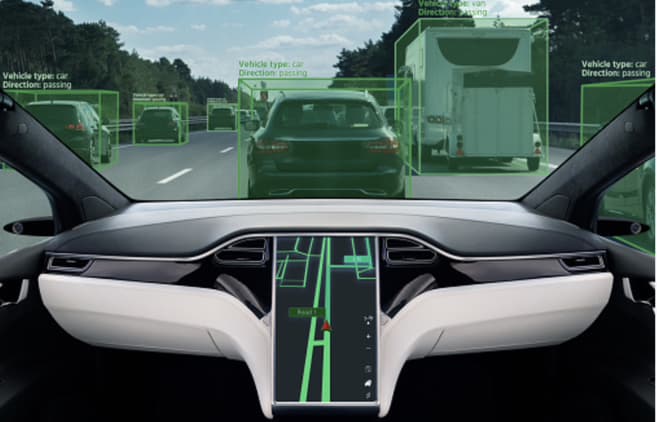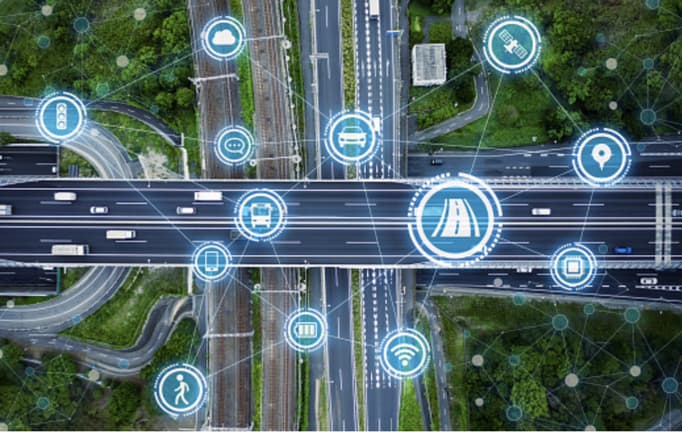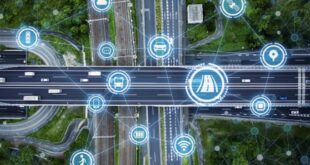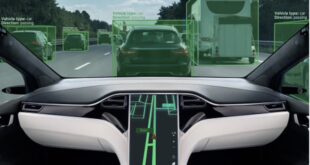Driverless Cars Revolutionizing Transportation
In recent years, the technology industry has been making significant strides in the development of autonomous vehicles, or driverless cars. These vehicles have the potential to revolutionize the way we commute and travel, and are already being tested on public roads in several countries. In this article, we will explore the technology behind driverless cars, their implementation around the world, and the pros and cons of this emerging industry. Additionally, we will focus on the Robotaxi service known as Apollo Go, a new driverless taxi service that not only is currently operating in Beijing but also has been running in parts of China since 2021.
Driverless Car Technology
The technology behind driverless cars is based on a combination of sensors, software, and machine learning algorithms. These vehicles use a variety of sensors, such as cameras, radar, and lidar, to detect their surroundings and make decisions about how to navigate through traffic. The software that controls these vehicles is designed to process large amounts of data in real-time, and make decisions based on the information collected by the sensors. Machine learning algorithms are used to improve the performance of the software over time, by analyzing patterns in the data and adjusting the behavior of the vehicle accordingly.
Implementation of Driverless Cars
Several countries around the world have been testing driverless cars on public roads in recent years, with varying degrees of success. In the United States, companies such as Waymo, Tesla, and General Motors have been testing autonomous vehicles in several states, including California, Arizona, and Michigan. In China, companies such as Baidu, Alibaba, and Tencent have also been developing autonomous vehicles, and are working with local governments to test these vehicles on public roads.
Leading Manufacturers in the Industry
As of 2021, some of the leading manufacturers of autonomous vehicles include Waymo (owned by Alphabet), Tesla, General Motors, Ford, and Baidu. These companies have invested billions of dollars in the development of this technology, and are leading the way in terms of research and development. Additionally, companies such as Uber and Lyft are also exploring the use of autonomous vehicles for ride-sharing services.
Pros and Cons of Driverless Cars
One of the main advantages of driverless cars is that they have the potential to significantly reduce the number of accidents on the road. The vast majority of accidents are caused by human error, and autonomous vehicles are not subject to the same distractions and limitations as human drivers. Additionally, driverless cars have the potential to reduce traffic congestion, as they can communicate with each other and coordinate their movements more efficiently.
However, there are also several potential drawbacks to this technology. One of the main concerns is the potential loss of jobs in the transportation industry, as many drivers could be replaced by autonomous vehicles. Additionally, there are concerns not only about the privacy of passengers and other individuals but also about the safety of these vehicles, particularly in situations where the software may not be able to handle unexpected events or emergencies.
The Robotaxi in Beijing
One of the most interesting developments in the world of driverless cars is the Robotaxi service that is currently operating in Beijing, Wuhan and Chongqing. This service is being offered by Baidu, and allows customers to hail a driverless taxi using a smartphone app. The Robotaxi service is currently being offered on a limited basis, and is only available in certain areas of the city. However, it represents a significant step forward in the development of autonomous vehicles, and could potentially revolutionize the way we think about transportation.
Conclusion
Driverless cars represent a significant technological advancement that has the potential to change the way we commute and travel. While there are still many challenges to be overcome, the industry is rapidly evolving and is likely to become a significant force in the years to come. The implementation of driverless cars on public roads is still in the testing phase, but the future looks bright for this emerging technology.
